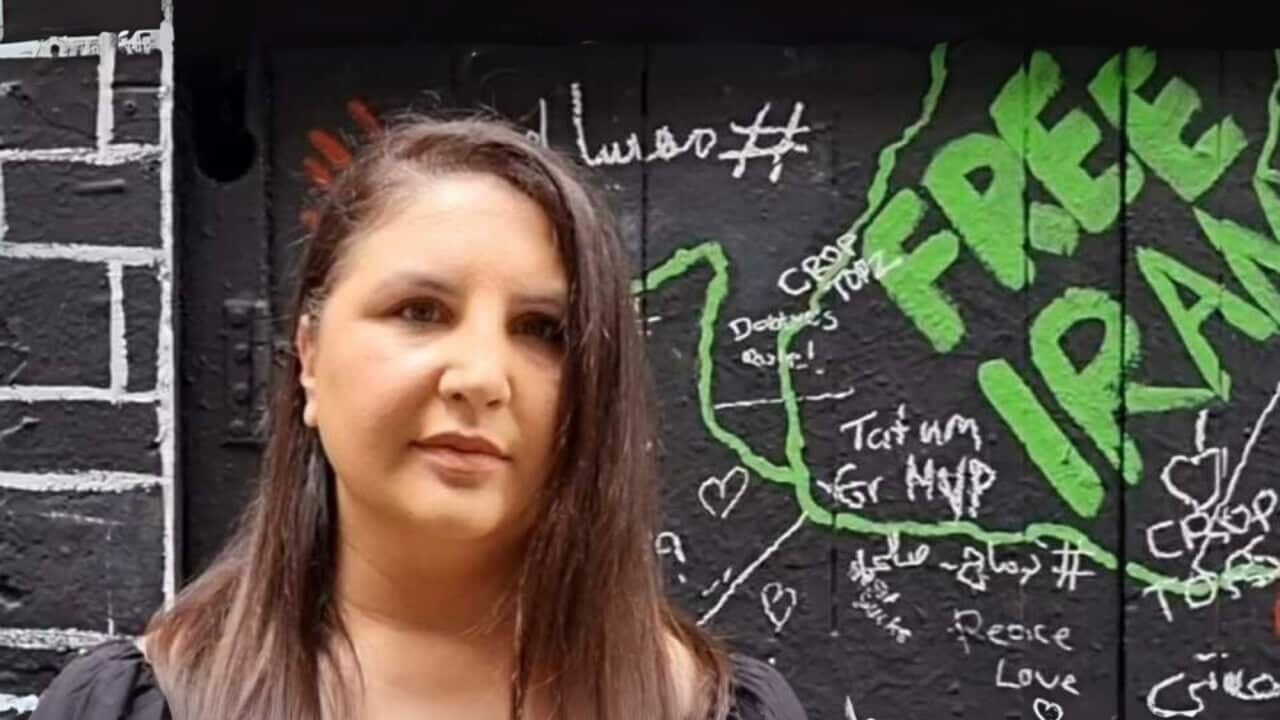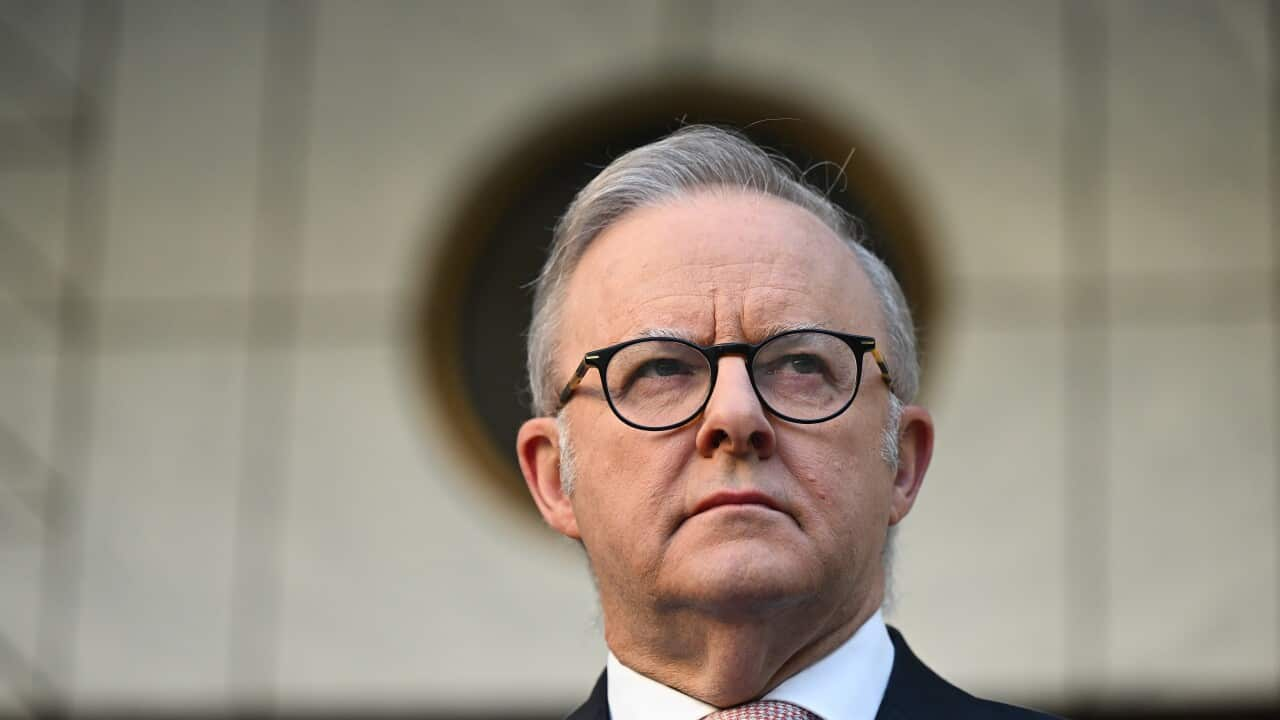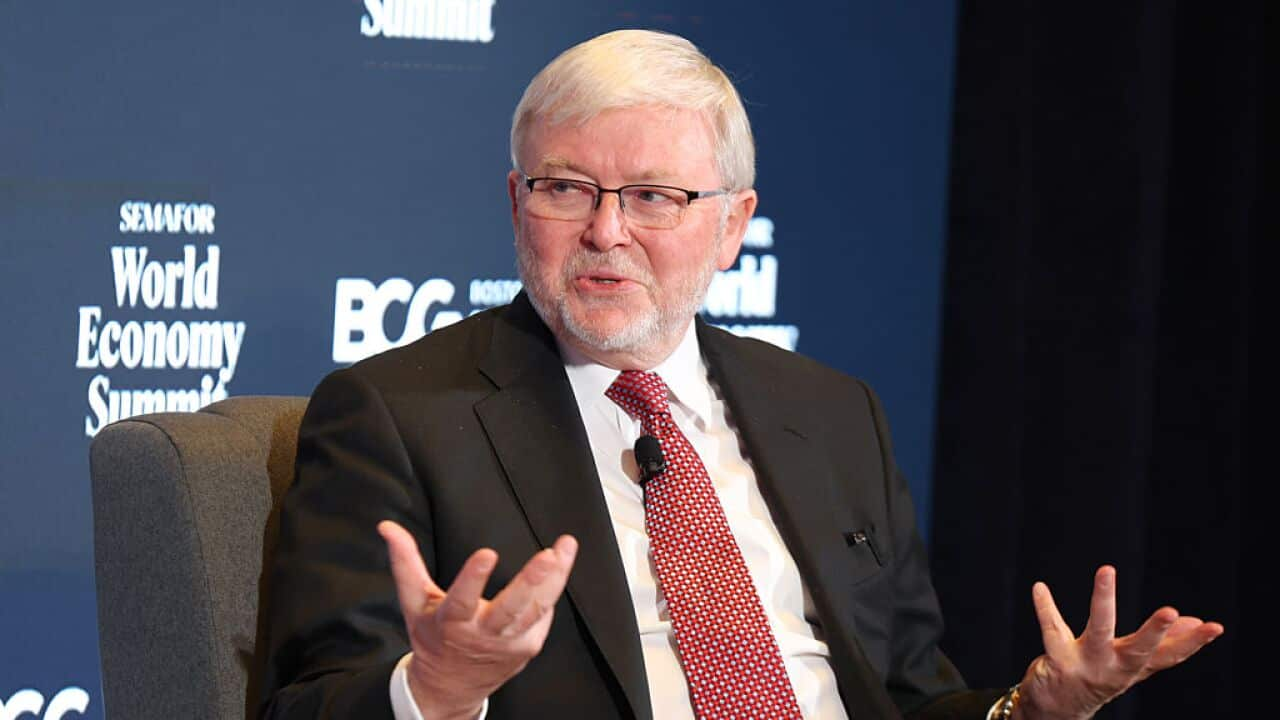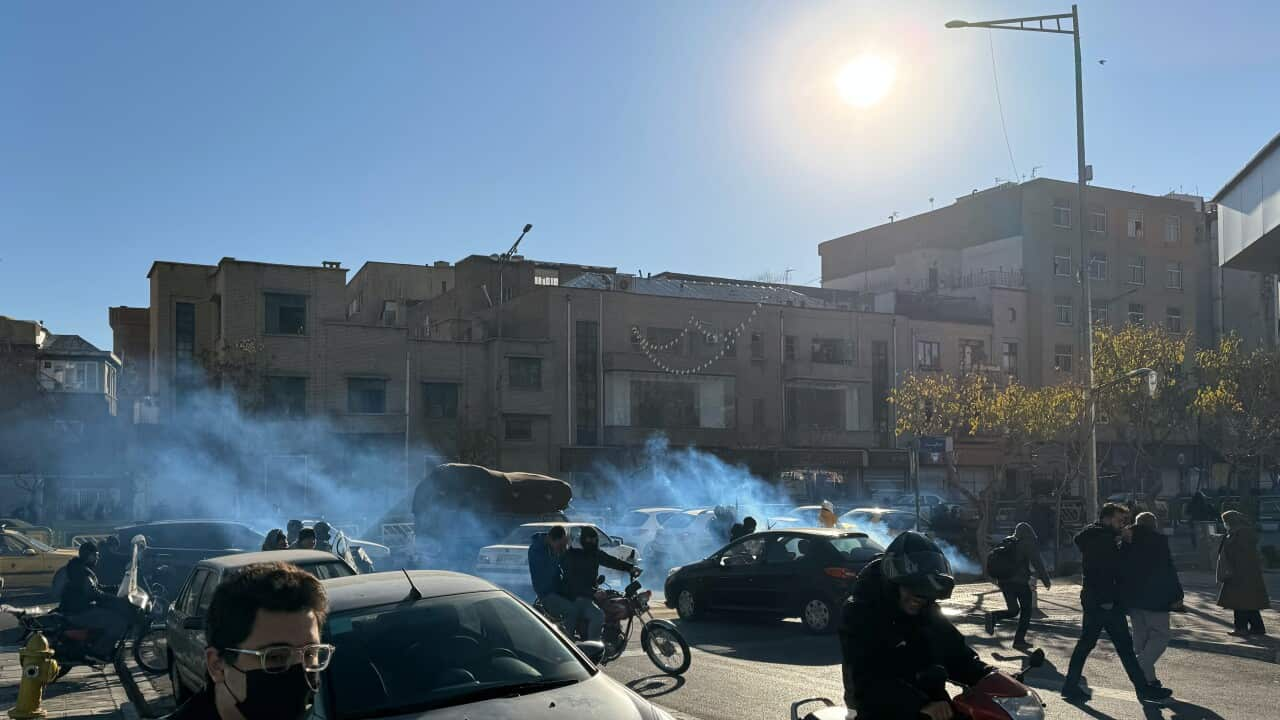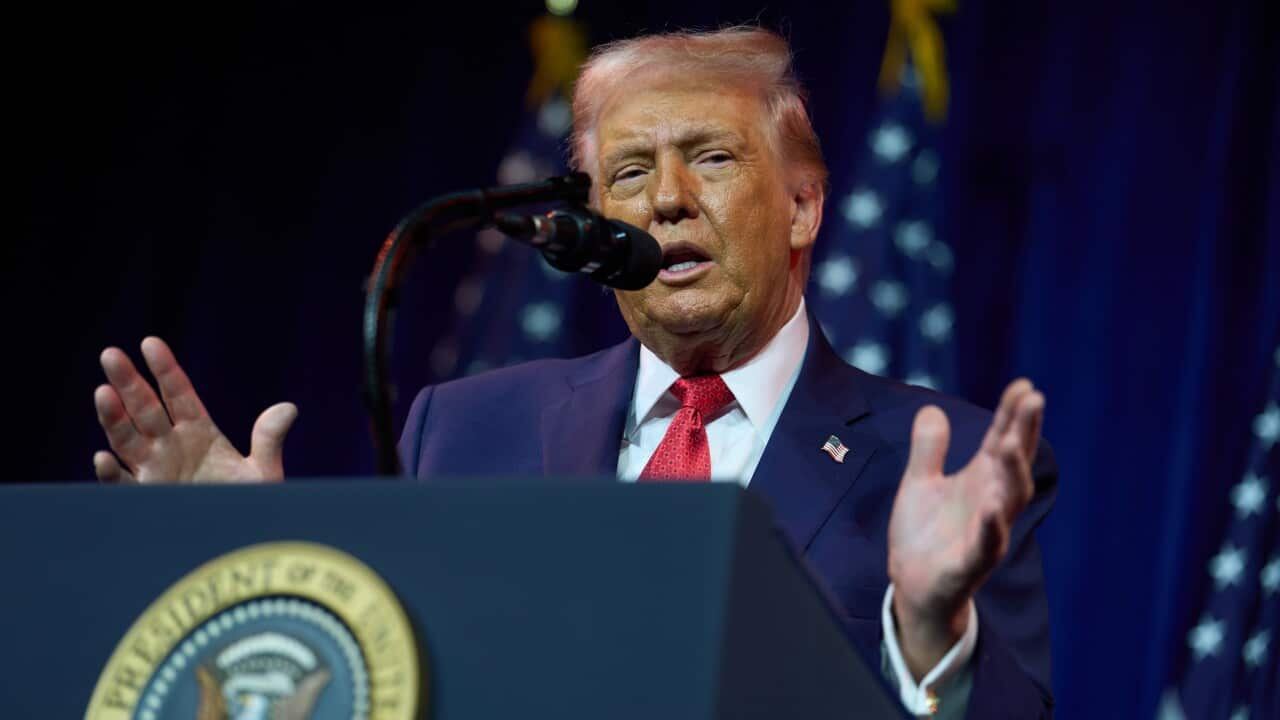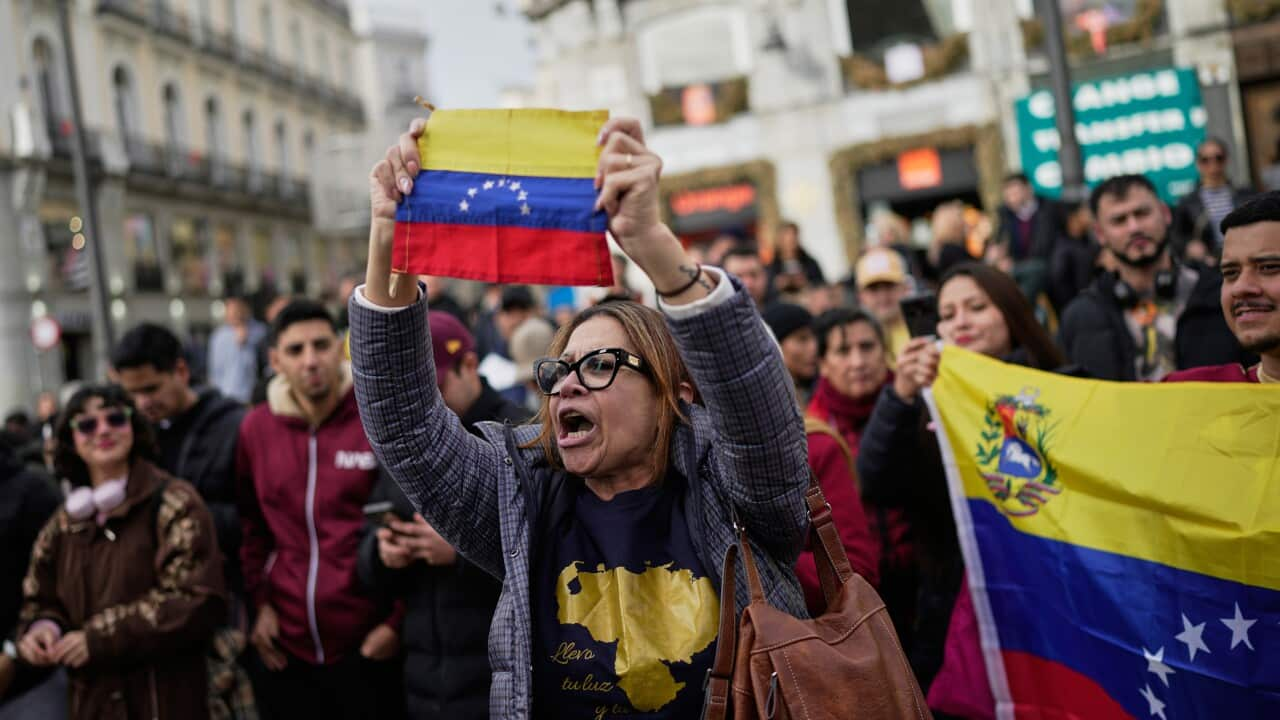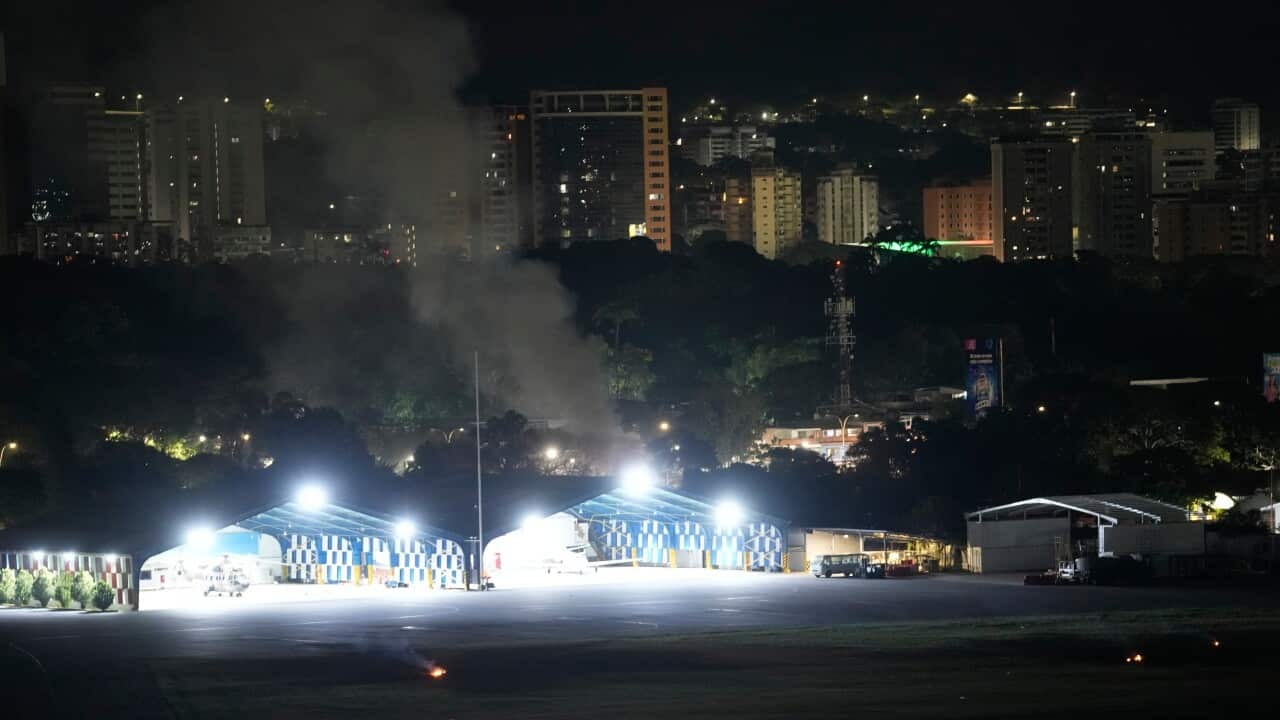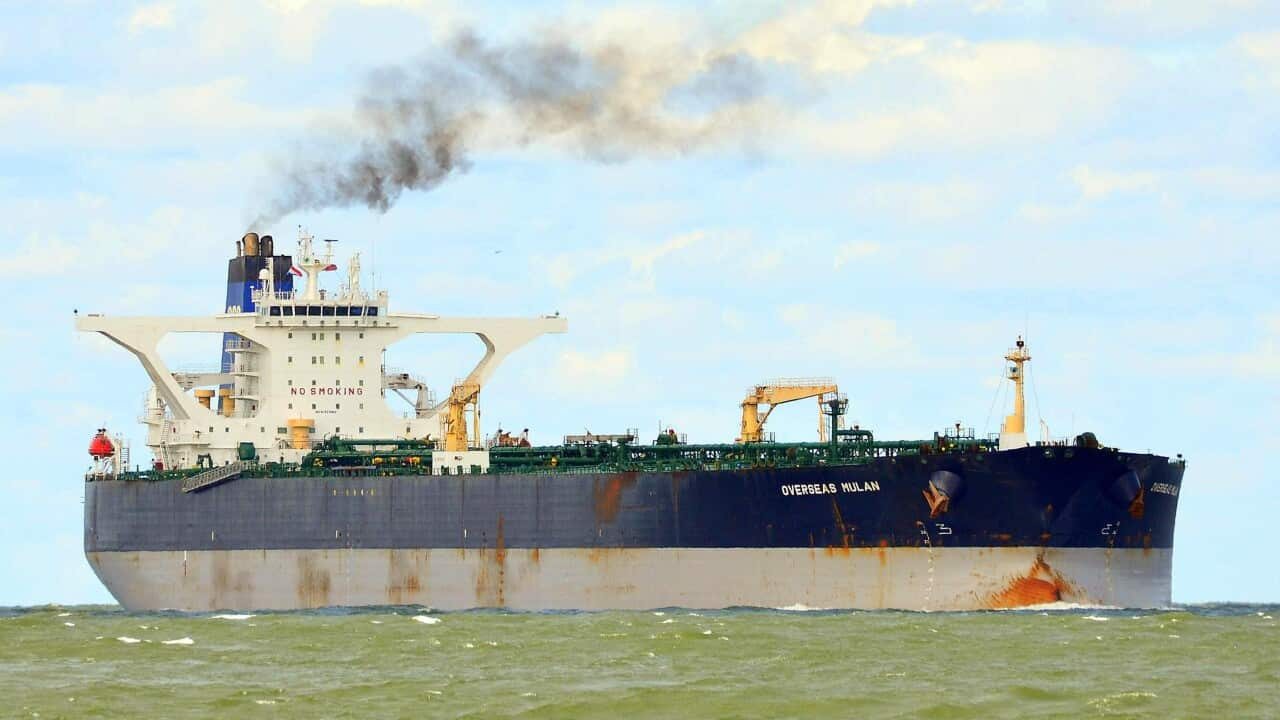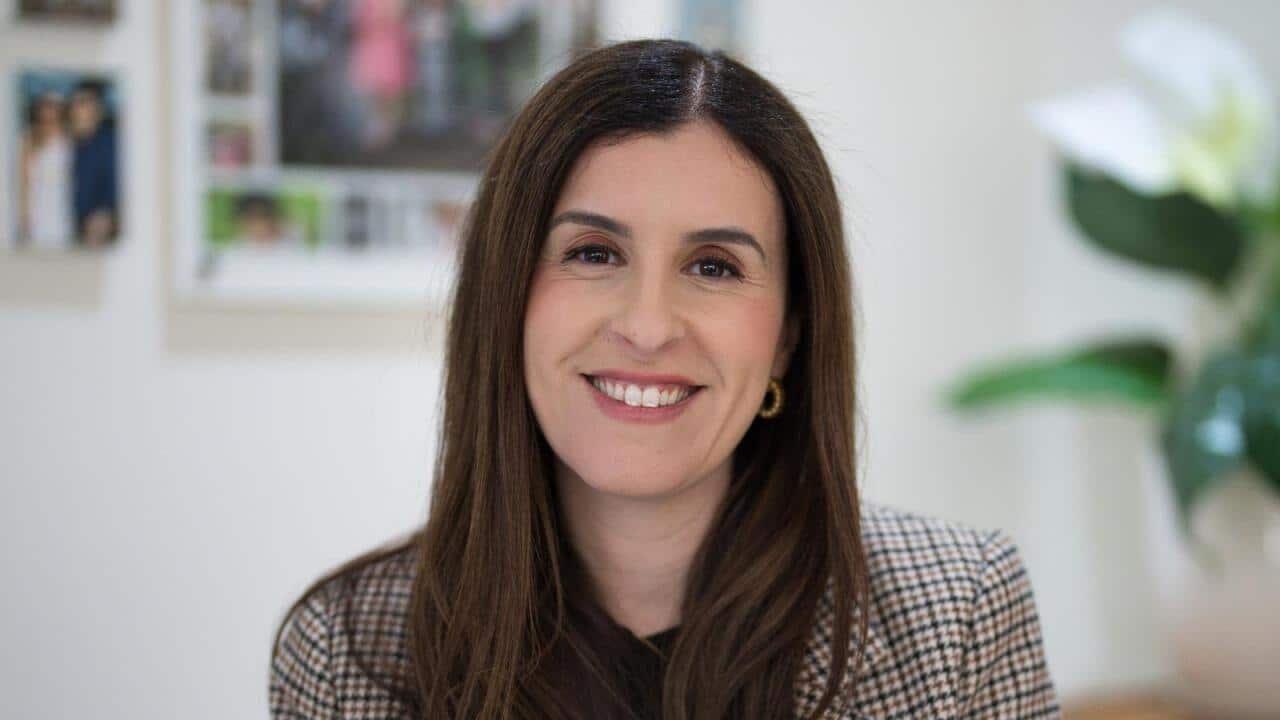TRANSCRIPT
"Members of my family in Iran have been harassed and targeted and interrogated - and even imprisoned - because of our outspokenness and our activities here in Australia. And there have been attempts to silence us. Our personal cars have been tampered with, decapitated animals have been sent to my parents' doorstep here in Australia, here in Melbourne as a means to silence us."
This is the voice of Iranian Australian Nos Hosseini, spokesperson for the Iranian Women's Association.
She says she and her family are not alone in experiencing first-hand the Iranian regime's attempts to instil fear in the Australian Iranian community.
Ms Hosseini says the Australian government's decision to expel the Iranian ambassador from Australia, and to list a branch of Iran's military, Islamic Revolutionary Guard Corps - or IRGC - as a terrorist group has been a long time coming.
"We as a community finally feel heard. We have long called for these steps to be taken and we feel heard; and we welcome this move and this announcement by the Albanese Labor government. This is exactly what the international community need to do to show the regime in Iran that we don't accept its campaign of terror abroad."
The move to expel the ambassador, announced by Foreign Minister Penny Wong on Monday (26 August) comes after the Australian Government declared that Iran was behind two antisemitic attacks in Australia, including the firebombing of the Adass Israel Synagogue in Melbourne last December.
It is the first time Australia has expelled an ambassador since World War Two.
Australia's national security service ASIO says their investigation uncovered evidence of links between the two arson attacks and commanders in the Iran's Revolutionary Guard Corps.
It's an accusation that has been rejected by Iran's Foreign Ministry spokesperson, who has vowed to take reciprocal action.
Rana Dadpour, director of group AUS-IRAN, is among other Iranian Australians voicing their support for the Australian government's actions.
"We have been advocating for the IRGC to be listed as a terrorist organisation in Australia for many years now, specifically since the beginning of the woman life freedom movement in 2022. In every single protest rally, campaign letter meetings that our community members have had with politicians and of different organizations in Australia that was forefront of all the requests of our community. We wanted IRGC to be listed as a terrorist organisation, not only for the safety and security of our community here in Australia, but for the safety and security of Australia."
Co-founder and board member at the Australian Iranian Community Alliance, Nader Zoljalali says he also welcomes the government's move.
"The community felt that their cries for justice had been answered at last, with a considerable delay. The community will be watching what the next steps would be and what the government will do from this point onwards. This is only a first milestone. There's a long journey ahead of us as Australians, as Iranians, and Australian-Iranians."
He says while support for the move is wide-reaching in the Iranian Australian community, some do fear retaliation from the Iranian regime, and that family members at home could be at risk.
But he says this fear isn't new.
"There are concerns, no doubt. But I would say that it would be situation normal because family members in Iran, especially those of dissidents, activists, and people who've been speaking the truth and acting against the Islamic Republic have been threatened. They have been under stressful situations; and so have their families in Iran."
Suren Edgar, Vice President at the Australian Iranian Community Alliance, told SBS Persian, Iran's regime has a long history of using fear as a weapon.
"I think that in some way the consequences (of the recent announcement) may be for Australians who are inside Iran or Australian Iranians who are inside Iran at this time, in some way it may actually be a danger for them. Much less than for us who are in Australia. It's all part of the hostage -taking policy of the Islamic Republic, which is an official policy."
Foreign Minister Penny Wong has urged Australians in Iran to leave, after the government's decision to cut its diplomatic ties with the country.
The government said it believes there are between 2,000 and 4,000 Australians in Iran - but has not provided an exact number.
Ms Dadpour says she hopes the focus will now shift to ensuring those citizens will be supported to return to Australia safely.
"We hope that there are enough considerations and services to be provided to those specifically dual citizens that might be in Iran now. Because as announcements showed, they need to leave the country as soon as possible. So we are watching closely and we are hoping for the safe return to Australia."
